 Joseph Dennis Harris was a physician and lieutenant gubernatorial candidate for the Republican Party in 1869.
Joseph Dennis Harris was a physician and lieutenant gubernatorial candidate for the Republican Party in 1869.
Harris was born free around 1833 of mixed-race ancestry in Cumberland County, North Carolina. He was the son of Jacob Harris and Charlotte Harris. His brothers included Cicero Richardson Harris, who became a bishop of the African Methodist Episcopal Zion Church, and one of his sisters became the mother of civil rights activist Esther Georgia Irving Cooper. After his father’s death in the 1840s, the family moved to Ohio early in the 1850s, eventually settling in Cleveland.
Late in November 1858, Harris joined antislavery activists, including John Mercer Langston, at the Convention of the Colored Citizens of Ohio, held in Cincinnati. Harris served as a secretary of the convention and was named to the executive board of the newly organized Ohio State Anti-Slavery Society, for which he served as a lecturer in 1859 and vice president in 1860.
Harris traveled to the Caribbean in search of sites suitable for settlement by African Americans who wished to leave the country in 1860. The same year, under the name J. Dennis Harris, published “A Summer on the Borders of the Caribbean Sea”, which described his trip to Haiti and nearby islands and advocated the establishment of a settlement for free blacks with the support and protection of the American government. The book received a long and favorable notice in the New York Evening Post on October 9, 1860.
Harris knew at least some French, and by November 1860 had become an agent for the Haytian Bureau of Emigration for the State of Ohio. He traveled around Ohio and Canada advocating emigration before settling in Haiti in 1861. Desiring to learn more about the fevers that plagued residents of the West Indies, he returned to Cleveland in 1863 to study medicine, first at Western Reserve College (later Case Western Reserve University) and afterward at the College of Physicians and Surgeons in Keokuk, Iowa, from which he received his MD in 1864.
Harris became an acting assistant surgeon assigned to the U.S. Army’s Balfour Hospital in Portsmouth in 1864. During his tenure there his responsibilities increased from managing one ward with 100 patients to managing three wards. After the American Civil War (1861–1865) ended, Harris moved to the army’s Howard’s Grove Hospital, near Richmond, which treated African American soldiers and freed people.
While in Virginia Harris became active in politics, beginning with his signature on the call for a national convention of African Americans published in the Boston Liberator of September 16, 1864. Harris attended the Republican Party state convention in Petersburg on March 9 and 10, 1869, which nominated candidates for statewide office. The general election, scheduled for July 6, 1869, was to be the first in which African American men voted for statewide officers and members of the General Assembly.
Many Republicans strongly opposed having a black nominee and feared that the nomination of Harris doomed the ticket. A few days after the Petersburg convention, railroad executive and former Confederate brigadier general William Mahone and other moderate Republicans joined together to select an alternative slate of candidates under the banner of True Republicans. In order not to split the opposition to the radicals and allow the Wells-Harris-Bowden ticket to win, the Conservative Party candidates resigned from their ticket, tacitly endorsing the True Republicans. Harris’s race instantly became one of the most-discussed aspects of the campaign.
The True Republicans won all three statewide offices, with each candidate receiving between 54 and 55 percent of the votes. Harris lost by a vote of 120,068 to 99,600 to John Francis Lewis, who had been an outspoken Unionist in 1861.
Harris returned to Virginia and during 1871 attempted without success to establish a medical practice in Petersburg. By May 1872 he was working as a physician treating the poor in Washington, D.C. From April 1 to August 1, 1873, he served as ward physician at Freedmen’s Hospital at Howard University and thereafter maintained a private practice in the city. Harris died on December 25, 1884.
source:
https://www.encyclopediavirginia.org/Harris_Joseph_D_c_1833-1884





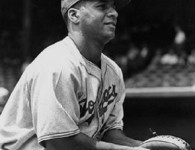
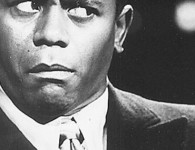

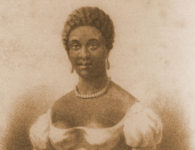
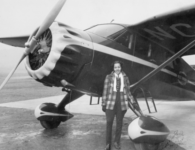
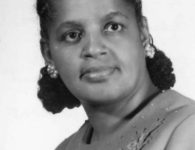
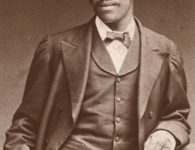
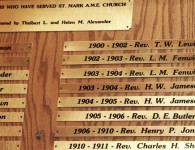
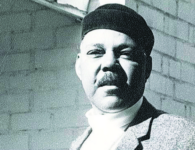
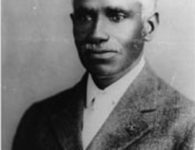
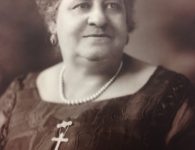

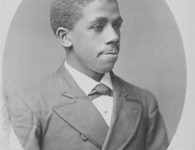

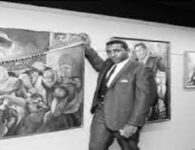

No comments